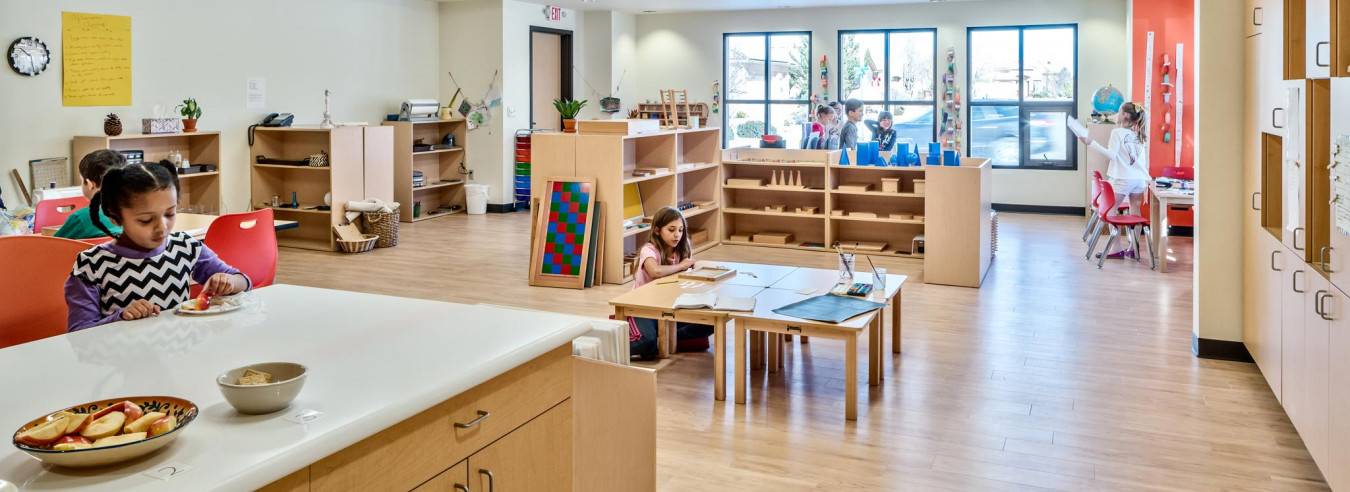
The Environment
The Prepared Environment
The environment is of the utmost importance in an authentic Montessori school. It is designed to meet the needs, abilities, interests, and development of children in each class. Montessori ONE’s flexible environmental model ensures modification can be made to the classroom’s physical layout to best meet the children’s needs. Montessori Methodology provides hands-on materials to clearly demonstrate abstract concepts in a concrete manner, so children become confident in their understanding. By exploring abstract concepts with concrete experiences, students develop a deep understanding of complex subject matter. We call this the “Prepared Environment”.
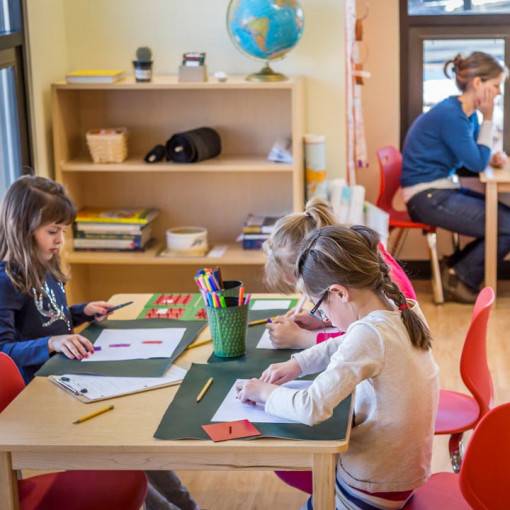
Freedom Within Limits
Under the guidance of Montessori-trained educators, children are offered freedom within limits. Fostering independence is an important part of Montessori philosophy. Emphasis is placed on the child’s learning and self-discovery where the teacher “guides” the lesson. Elementary students work individually or in small, self-selected groups. They can select from “work” that has been presented to them by the instructor. Educators work closely with students over the course of weeks and sometimes months to develop their mastery of the lessons and evaluate their readiness for the next. Teachers actively observe and assess the child’s choices; they are ready to step in with new challenges and offer guidance when students are unable to choose for themselves. In this way, Montessori children are put in charge of his/her own learning through their own exploration.
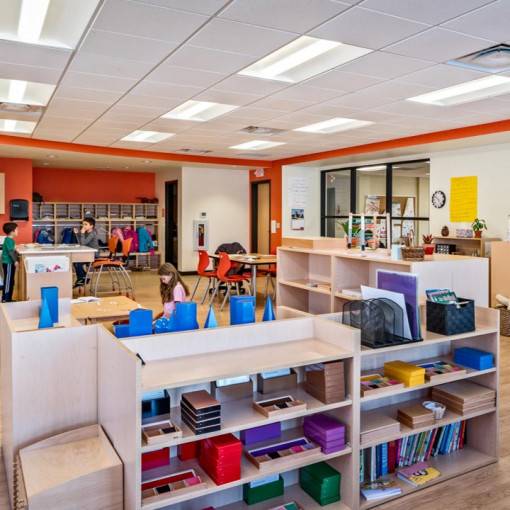
Structure and Order
While Structure and Order may seem at odds with Freedom Within Limits, the two work together to support the students’ growing independence, confidence, focus, respect for order, and sense of security. Structure and Order in the Montessori classroom reflects a sense of structure and order in the universe. By using the Montessori classroom as a microcosm of the universe, the child begins to internalize the order surrounding him, thus making sense of the world in which he lives. By making the classroom environment and learning materials easily accessible and organized, students are empowered to find and utilize the tools they need. They also understand the value returning those tools to their proper places and cleaning up their workplace brings to a consistent and organized learning experience.
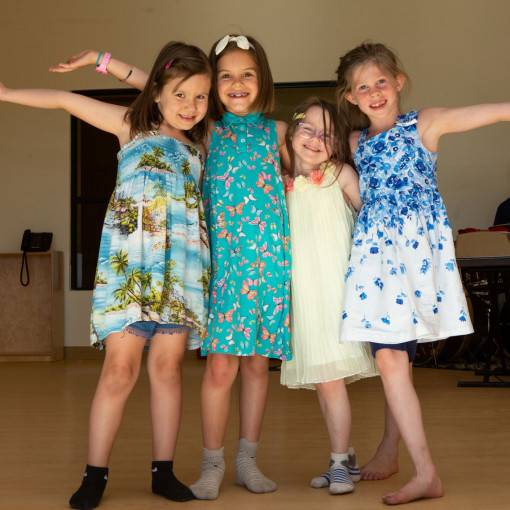
Mixed Age Groups
An integral part of the environment is the community that resides within. Montessori Method builds a “family” unit within each class. As with most families, there is a range of ages that interact. This is also the case in Montessori classrooms where mixed age groupings allow older students to assist younger students while younger students can observe and learn from their older classmates. Children remain together for several years, with fully-developed students moving on to the next age grouping when they demonstrate readiness to do so. Children learn at their own pace and students are not compared against one another.
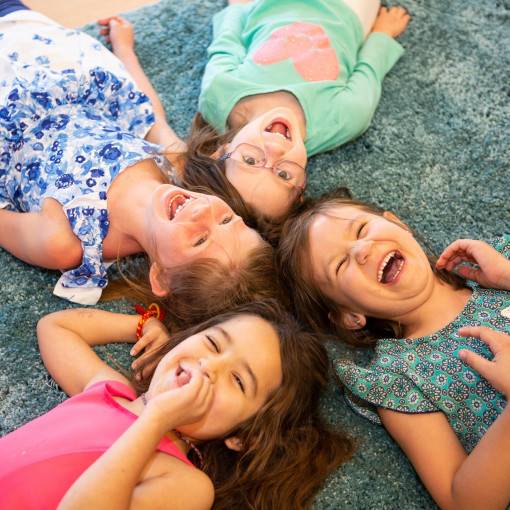
Universal Values
Montessori Method also encourages the development of “Universal Values”. Educators focus on the development of appropriate patterns of polite behavior and instilling basic universal values within the core of the child’s personality. These values include self-respect, acceptance of the uniqueness of different people, kindness, compassion, peacefulness, honor, and individual responsibility. Children are encouraged to treat themselves, each other, and the wider community with kindness and respect. Insults and aggressive behaviors tend to be rare and are unacceptable.
